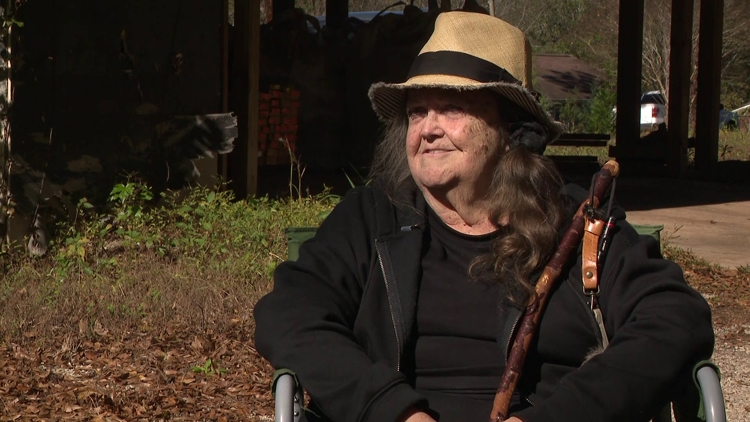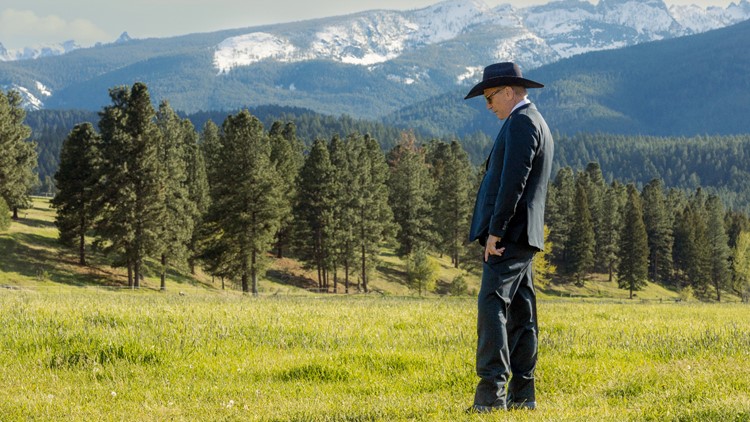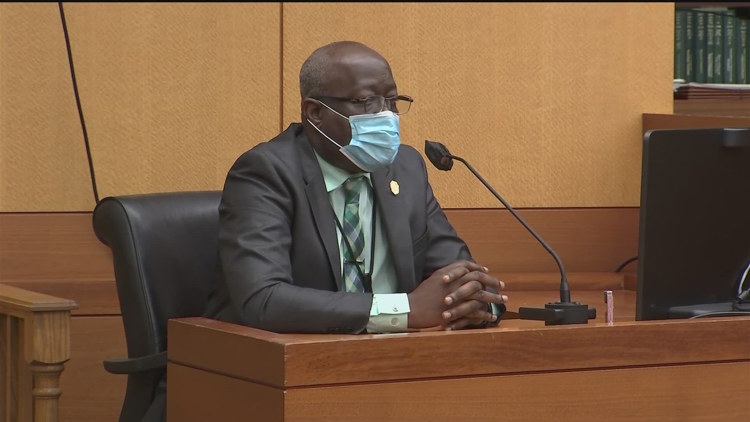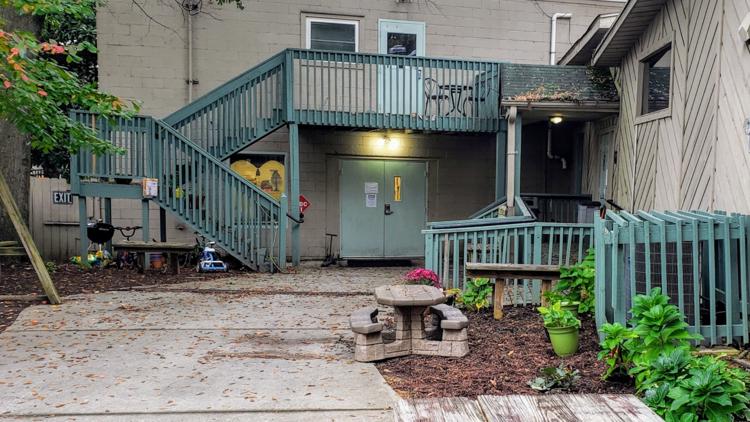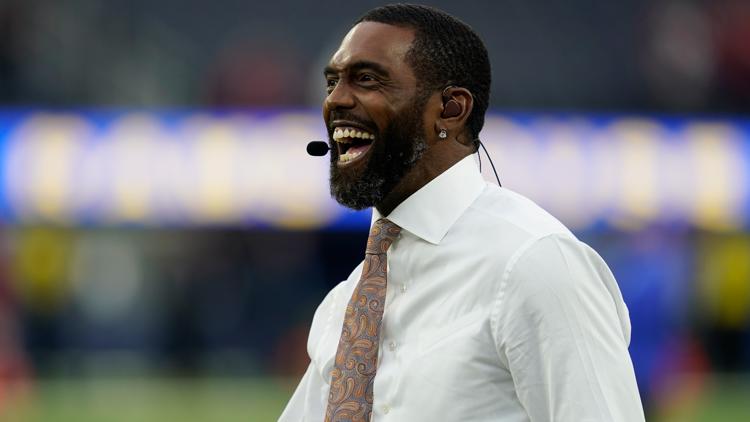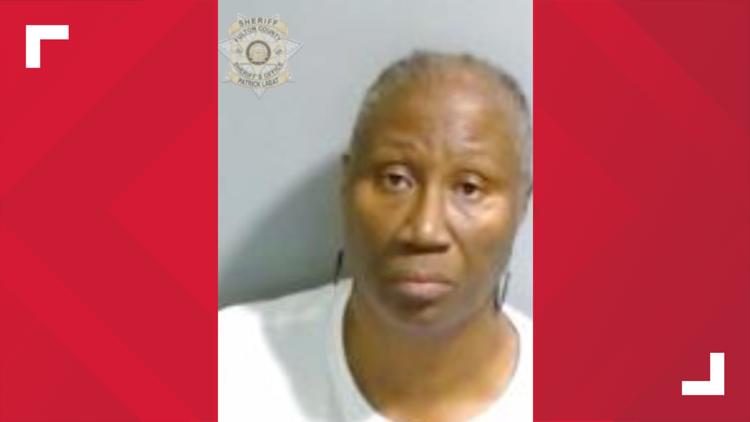Red Or Blue? Where is the Tipping Point?
Courier Herald column for the week of August 13th: My friend and Athens radio host Tim Bryant asked a question on his show last week, which he then extended to his Facebook followers. He wanted to know others opinion as to whether Athens Clarke County would become “more red” or neighboring Oconee County would become […]

Courier Herald column for the week of August 13th:
My friend and Athens radio host Tim Bryant asked a question on his show last week, which he then extended to his Facebook followers. He wanted to know others opinion as to whether Athens Clarke County would become “more red” or neighboring Oconee County would become “more blue”.
He made it clear he wasn’t talking about either county flipping, as Clarke is a dark blue progressive oasis surrounded by a sea of deep rural Georgia red. As he noted, neither county is likely to change its partisan identity in a vote for Governor in the foreseeable future.
Trends in politics do matter, however. A Democrat getting 10% more of a Republican stronghold or a Republican earning 10% more from traditionally Democratic areas matter, especially in larger counties where pockets of red and blue exist within the county’s boundaries. Thus, it is a valid open ended question for those considering the future of Georgia’s elections outcomes, well beyond the greater Athens area.
The counties in question represent the current battle lines in the state’s ever changing political landscape. Six years ago I wrote a series outlining “five Georgias”. It was an update on former Georgia Cooperative Extension Service Tal DuVall’s study outlining “Two Georgias”. The report put DuVall in the doghouse with his then boss Governor Joe Frank Harris, but served as a delineation of the growing divide of prosperity and political clout of Atlanta and the rest of the state for decades.
Georgia isn’t the same state it was in the 80’s, nor is its politics. The bright red Reagan bastions of Cobb and Gwinnett have turned blue. Former Republican strongholds like Dunwoody and Sandy Springs have turned downright progressive. Conversely, it’s getting harder and harder to find “Sam Nunn Democrats” anywhere in rural Georgia.
My five Georgia’s theory broke “Atlanta” into the Democratic urban core and Republican suburbs into two pieces. I also broke the remaining part of the state into three pieces, including North Georgia, South Georgia, and Coastal Georgia. While the partisan vote of the latter three were all Republican, the issues that moved and persuaded voters were and are a bit different in each, with each set of voters having different concerns and priorities.
The question posed by Tim Bryant provided a bit of time to reflect on the sea changes in Georgia politics in that short six years. One can argue that the “urban core” of Atlanta has expanded, but the once reliable suburbs of Atlanta are now a battle ground. Rural Georgia has continued to trend Republican.
The coast, as I argued then and do again now, is more aligned with the concerns of Atlanta’s suburban voters. Managing growth, combatting crime, and quality of schools resonate here as it does in Metro Atlanta. There are many college educated voters who are doing well financially, and want to protect their own personal and financial status quo rather than buy in to the lurching changes demanded by the base of each party.
Oconee County, while geographically neither in suburban Atlanta nor along Georgia’s coast, fits into this demographic and political category. It is, in effect, an Athens suburb. You have in a relatively compact area a bright line between the progressive politics of an urban center and a college town, bordered by a county that features one of the highest per capita incomes in the state, excellent schools, and a “tough on crime” law enforcement posture.
To try to answer the question posed, you would likely have to decide if voters in Athens Clarke County grow tired of their D.A.’s indifference toward prosecuting entire swaths of cases in the face of rising crime statistics, versus too many within the GOP who are adopting a stance against higher education. The state’s flagship university employs many of those high wage earners settled within Oconee.
I can’t answer this question. Time will tell. Instead, I’ll offer a different question that I believe must be answered first: In six more years, what will define red or blue?
Much ink has been spilled on the internal struggle for official and unofficial control of the Republican Party. The party itself is now run in Georgia by election deniers, flat earthers, and failed candidates – some with former and current legal issues. It must remain noted that the general populace of Republican voters reject most of the party “leaders’” positions. This is an untenable position for a party that wishes to remain relevant.
Much less press is given to the leftward lurch of the Democratic party on issues of crime, top down authoritarianism, and the disappearance of the concept of “equality” for the redistributive word “equity”. Those who dismiss this need to go back to the polls taken during the second year of Covid, when schools were still closed and bureaucrats and activists were demanding more control while dismissing the concerns of average Americans as trivial.
The question demonstrates what the battle ground for the political future of the state is. What remains to be determined is which party overreaches the farthest to propel voters to one side or to the other.
What's Your Reaction?











